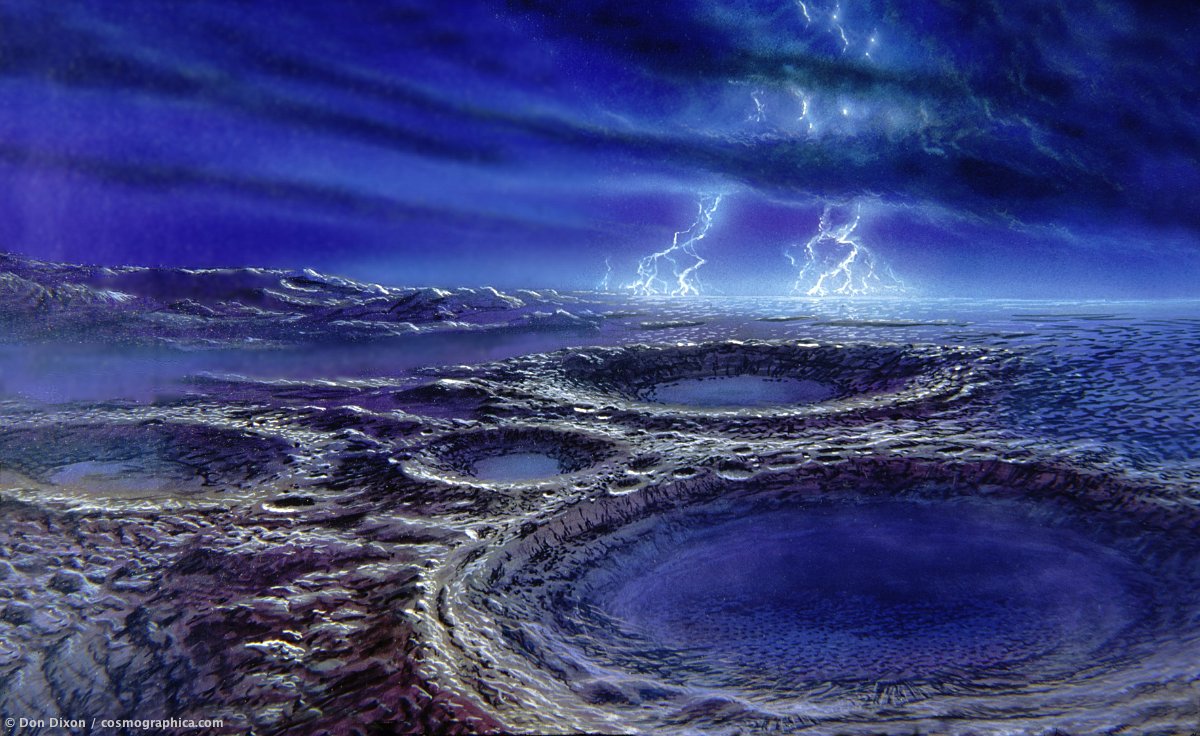Researchers have discovered zircon crystals in pre-Archaean rocks of Western Australia. They are evidence that about 4.4 billion years ago, fresh water was already raining on Earth.

Evidence from the Australian Hills
A team of Chinese and Australian researchers recently published a paper in which they provided evidence that a number of very early rocks were formed on our planet already in the presence of fresh water. This can be considered evidence of when the first known rain fell on the Earth.
The researchers worked with samples collected in the Jack Hills formation in western Australia. They were formed about 4.4 billion years ago, i.e. at the very beginning of the existence of our planet. This is one of the few areas of the earth’s crust that has never known melting or chemical metamorphosis since then.
Therefore, the rocks that scientists extracted from the depths of these hills have been preserved in the form as far back as in pre-Archaean times. The researchers found crystals of the zircon mineral in them and analyzed the content of carbon isotopes. They turned out to be extremely light, which led scientists to believe that they were formed by the action of fresh water falling freely in the atmosphere.
First rain on Earth
Previously, scientists have already found zircon in extremely ancient Earth rocks. And it also contained a mixture of isotopes, which indicated that it was already raining on Earth at the time of its formation.
So it used to be believed that the first rain was the same age as the first life. Both appeared at the same time — about 3.48 billion years ago. Here we are talking about the fact that the first rain could have fallen on Earth hundreds of millions of years earlier.
And this is a very interesting result. After all, most theories indicate that the Earth’s crust was under the ocean in early Archaean times. Moreover, studies have shown that the Earth before that should have been still incandescent and there could not have been any liquid water on it at all.
The discovery in the Jack Hills formation is important not even because it confirms that it could have rained then, but because it testifies in favor of an alternative theory, according to which the Earth’s crust cooled down in just a few tens of millions of years.
According to www.sciencealert.com


